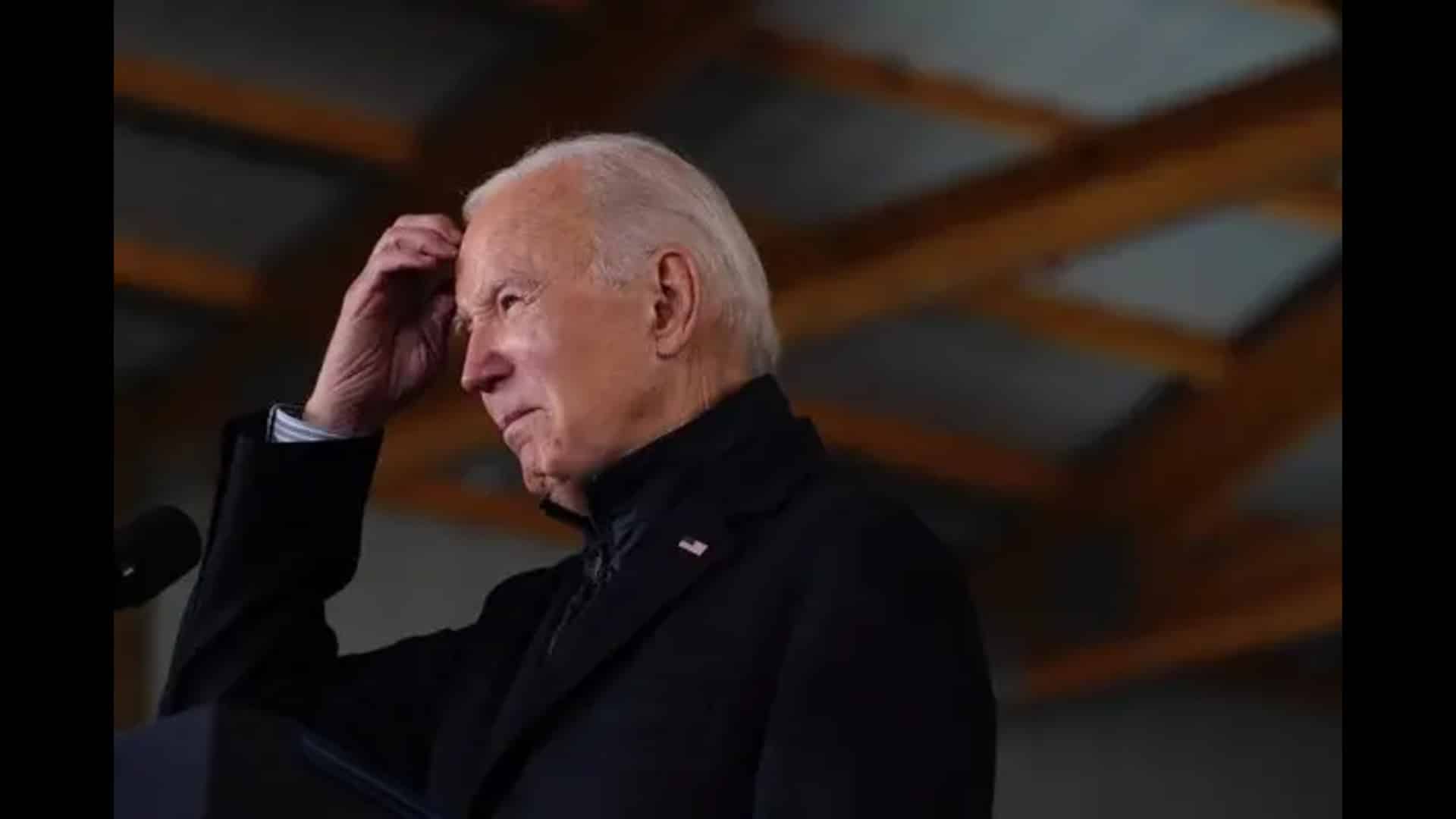US President Joe Biden is set to host Pacific Rim allies in San Francisco this week, culminating in a high-stakes summit with Chinese President Xi Jinping. The meeting is a pivotal part of Biden's strategy to address Beijing's expanding influence on the global stage. Arriving on Tuesday, Biden will lead the 21-member Asia-Pacific Economic Cooperation (APEC) forum, marking the largest diplomatic event in San Francisco since 1945.
San Francisco, amid preparations for the summit, is keen to showcase its pivotal role in technology on the global stage, aiming to divert attention from its pervasive homelessness problem. The city is working to present a polished image as it welcomes world leaders for crucial discussions on regional economic cooperation and strategic partnerships.
During the summit, Biden is expected to outline progress on a new US-led trade pact for Asia. While this endeavor is less ambitious than previous trade efforts, it has already encountered opposition from some within Biden's own Democratic Party. The focus on trade discussions underscores the Biden administration's commitment to fostering economic cooperation in the Asia-Pacific region, balancing strategic interests, and addressing the challenges posed by China's ascendancy.
The summit holds significant geopolitical implications, as leaders grapple with complex issues ranging from trade dynamics to regional security concerns. The Biden-Xi Jinping meeting, in particular, is anticipated to provide insights into the ongoing competition and collaboration between the United States and China. As tensions persist, the summit serves as a crucial platform for diplomatic engagement and the shaping of future relationships in the dynamic Pacific Rim region.




















